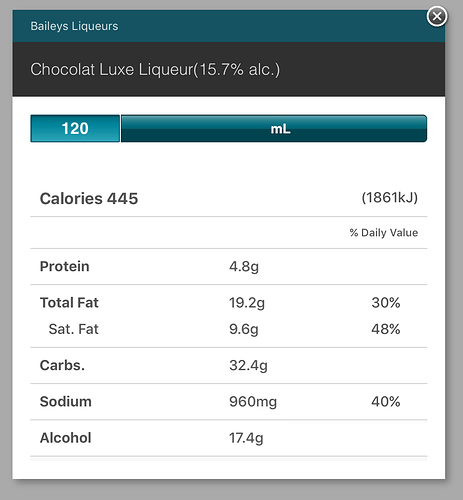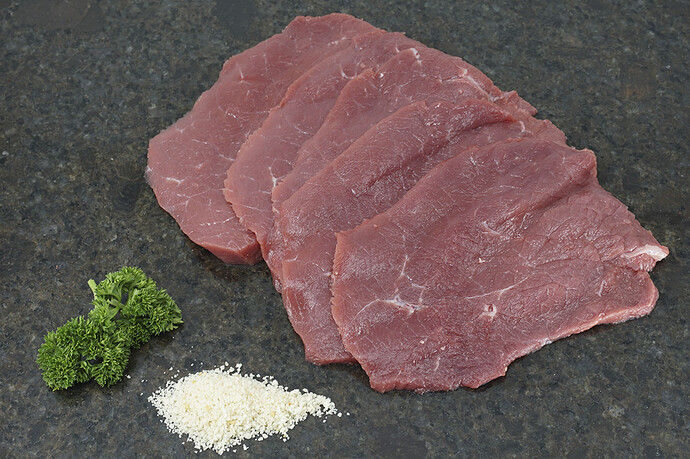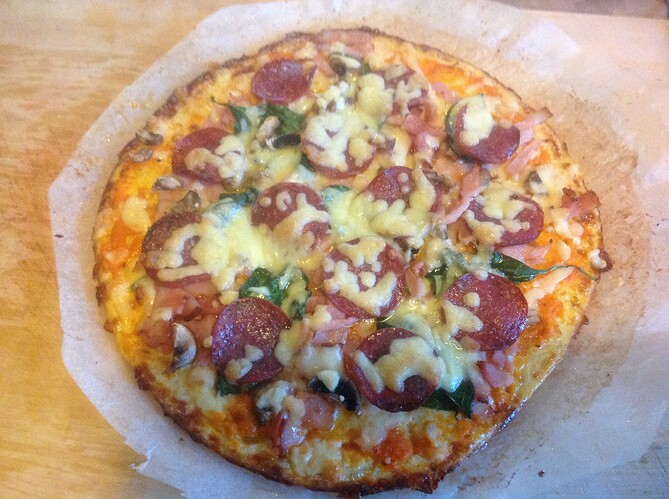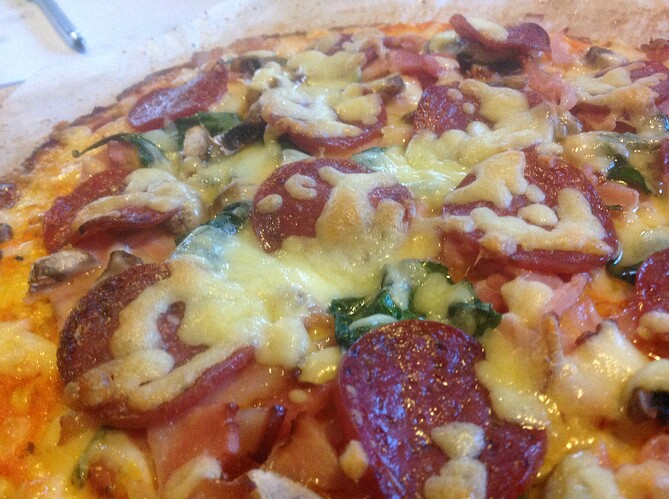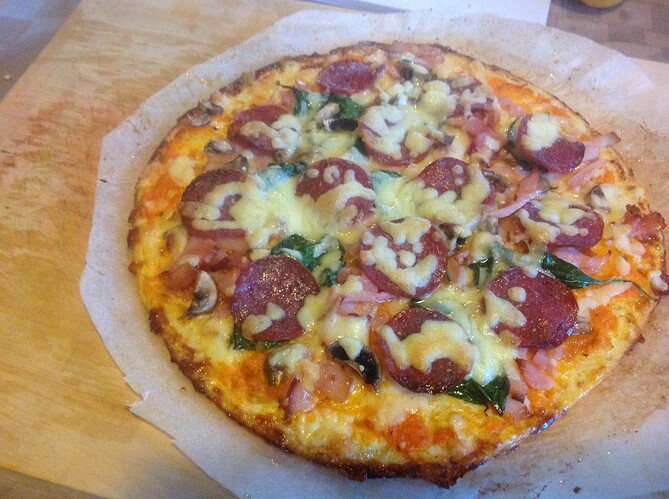THT, this is more general information rather than answering your queries specifically, based on my last 3 - 4 years of reading plenty of material, listening to countless podcasts, and hundreds of hours of YouTube vids on the subject, and trial & error on myself…
Im a big proponent of quality foods.
Not just limit Carbs, because that is too vague and may not even suit your lifestyle.
Put the best fuel in your body, and I believe hunger is self regulated, and cravings won’t be an issue.
Some options that I recommend…
If you can afford high quality animal foods direct from a farm, it’s a great option.
ie. true Organic Pasture Raised animal flesh.
Think about it…
The animals are consuming what they are designed to eat…grass.
Not GMO Grains full of pesticides, not pumped full of antibiotics because they get ill from living in cramped quarters, or hormones to fatten them up quickly.
Further to this, they are processed in a stressless and virtually painfree environment.
All this affects the nutrient quality of the meat and the fatty acid profile.
Do the same with your eggs.
Pasture Raised free range, or at the very least hens supplemented their feed with Organic grains.
Don’t be afraid to cook with a good quality tallow, or lard, or beef drippings.
Hard to argue against EVOO in a healthy diet, whatever that is.
They’re not all made the same though.
Need to purchase one that is First Cold Pressed, harvested at just ripe which means the polyphenol count is very high, thus protective of the oil (also means you can cook with it without oxidising).
It should taste quite peppery at the back of the throat.
I use Kyneton Olive Oil.
Other Oil options…
GOOD…coconut, avocado, macadamia, Almond, walnut
BAD…Canola, sunflower, safflower, soybean.
Any cheap oil on a supermarket shelf is most probably not health promoting.
If you don’t have an intolerance to dairy {lactose or A1 casein}, consider A2 Milk, or even Raw Milk where all the enzymes haven’t been destroyed.
Sheep cheeses (pecorino) or goats cheeses are great because they are A2, therefore less inflammatory and more digestible.
Hard aged cheeses like parmaggiano reggiano are good also.
I really like fermented foods.
A good probiotic yoghurt or Kefir is so satisfying, and can be sweetened in so many different ways.
Sauerkraut & Kimchi are an acquired taste, but pretty easy to make at home.
Consume liberally up to your fibre tolerance…
Cauliflower, broccoli, mushrooms, avocado, green beans, zucchini, cabbage, carrots, sweet potato & pumpkin (smaller amounts), onions, garlic.
Obviously, leafy greens are great for some people, and disastrous for others.
Again, work out what your tolerance is to oxylates.
Ditto with Nightshades, meaning some people just can’t consume tomatoes, peppers, eggplant, squash etc…to any great degree.
A true low carber needs to limit fruit.
During the colder months, I barely feel the need to consume fruit other than as a flavour enhancer…ie.berries in my yoghurt, or small amount of banana in a smoothie.
During Summer/Spring, I eat fruit more liberally.
More berries and in particular frozen watermelon.
Reality is, if you are adopting a LCHF approach, you can’t be gorging on a tropical fruit salad after dinner every night.
There really are some amazing sugar alternatives that won’t elicit much of a blood sugar spike, and add virtually zero calories…
Monk fruit tastes great but is hard to find and pricey.
Stevia is good, but I don’t like the taste on it’s own.
Erythritol and xylitol almost taste like sugar, but too much may cause tummy discomfort.
Before leaving the subject of sweets or treats, don’t discount REAL chocolate.
100% cacao nibs are incredibly nutritious.
You can grind them and make a killer hot chocolate, particularly if milk is part of your plan.
Or just throw the nibs in your smoothie, Kefir, Yoghurt, or even make home made chocolate with some cacao butter, then you’re in control of the flavours and level of sweetness.
Bread alternatives can be made with almond and/or coconut flour, and cauliflower is a beaut substitute for rice or mashed potato.
Consider making bone broth in a slow cooker, as animal bones are cheap and a great way to get collagen and trace minerals into your diet.
So nice during colder months also.
Also…something I picked up from watching the Plant Based channels (I watch everything diet related), nutritional (inactive) yeast is a hidden gem.
High in B Vitamins and tastes great sprinkled over any savoury dish.
Kind of a cheesy taste, or accentuates any cheese you have in a particular dish.
Finally, of you are following a true low carb eating plan (25% of calories or less), your body is holding onto less water which means you are excreting electrolytes moreso than a standard Dieter.
Therefore, consume enough salt, magnesium and potassium.
At the very least, consider a magnesium supplement, and salt your food liberally.
*** DISCLAIMER
This is what has worked for me, and a large portion of people who either have an addiction to Carbs and over eating, or individuals suffering from Insulin Resistance (T2D).
It may not be suitable for you and is something you need to discuss with your GP.
Whether or not you believe in the cholesterol/Saturated Fat hypothesis and it’s role in heart disease, is something you need to research for yourself.
Fact is, if you go down the Low Carb route, you will most likely be consuming more Saturated Fat than before, as Fat will become your primary fuel source.
Unless, of course, you adopt a more Mediterranean style of mono Fats such as EVOO, avocados, nuts/seeds.

